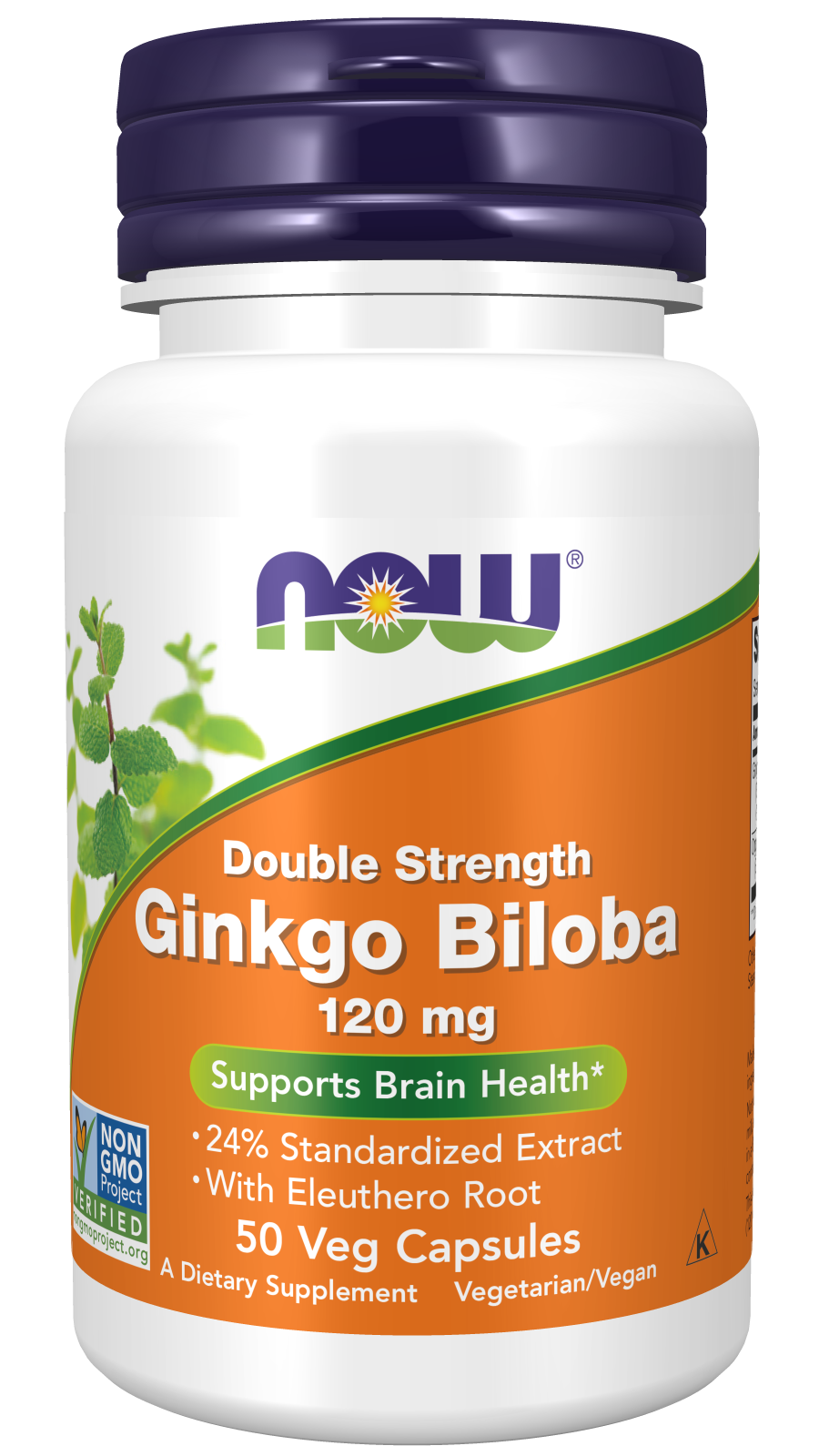Health Benefits of Ginkgo Biloba
What are the health benefits of ginkgo biloba?
Ginkgo biloba is a popular herbal supplement that is believed to offer several health benefits, primarily due to its antioxidant and anti-inflammatory properties. Some of the potential health benefits of ginkgo biloba include:
- Improved cognitive function: Ginkgo biloba is often used to support memory, concentration, and overall cognitive function, particularly in older adults. Some studies suggest that ginkgo biloba may help improve memory and cognitive performance, especially in people with age-related cognitive decline or mild cognitive impairment.
- Improved circulation: Ginkgo biloba is thought to help improve blood flow, which can benefit various aspects of health. It may be particularly beneficial for conditions that are related to poor circulation, such as intermittent claudication (a type of peripheral artery disease) and Raynaud’s disease.
- Antioxidant effects: Ginkgo biloba contains compounds that act as antioxidants, which can help protect cells from damage caused by free radicals. Antioxidants are believed to play a role in reducing the risk of chronic diseases such as heart disease, cancer, and neurodegenerative disorders.
- Reduced anxiety: Some studies suggest that ginkgo biloba may help reduce symptoms of anxiety and improve mood. However, more research is needed to confirm these effects and determine the optimal dose for anxiety relief.
- Eye health: Ginkgo biloba is sometimes used to support eye health and improve vision, particularly in people with conditions such as glaucoma and age-related macular degeneration. However, evidence for these uses is limited and more research is needed.
- Anti-inflammatory effects: Ginkgo biloba may have anti-inflammatory effects, which could help reduce inflammation in the body and benefit conditions such as arthritis and inflammatory skin conditions.
It’s important to note that while ginkgo biloba is generally considered safe for most people when taken in recommended doses, it can interact with certain medications and may not be suitable for everyone. It’s always best to consult with a healthcare provider before starting any new supplement, especially if you have any underlying health conditions or are taking medications.
What are the health risks of ginkgo biloba?
Ginkgo biloba is a popular herbal supplement that is commonly used to improve memory and cognitive function. While it is generally considered safe for most people when taken at recommended doses, there are some potential health risks and side effects associated with ginkgo biloba. These include:
- Allergic reactions: Some people may be allergic to ginkgo biloba and may experience symptoms such as skin rash, itching, swelling, or difficulty breathing.
- Gastrointestinal issues: Ginkgo biloba may cause digestive problems such as stomach upset, constipation, or diarrhea in some individuals.
- Headaches: Some people may experience headaches when taking ginkgo biloba, especially at higher doses.
- Dizziness and vertigo: Ginkgo biloba may cause dizziness or vertigo, particularly in sensitive individuals or at higher doses.
- Blood thinning: Ginkgo biloba has blood-thinning properties and may increase the risk of bleeding, especially in people taking blood-thinning medications or those with bleeding disorders.
- Seizures: There have been rare reports of seizures associated with ginkgo biloba use, particularly in people with a history of seizures or those taking medications that lower the seizure threshold.
- Interactions with medications: Ginkgo biloba may interact with certain medications, including blood thinners, antidepressants, and anticonvulsants, which can affect their effectiveness or increase the risk of side effects.
- Pregnancy and breastfeeding: The safety of ginkgo biloba during pregnancy and breastfeeding is not well-established, and it is generally recommended to avoid its use during these times.
It’s important to talk to your healthcare provider before starting any new supplement, including ginkgo biloba, especially if you have underlying health conditions or are taking medications. They can help you determine if ginkgo biloba is safe and appropriate for you.




